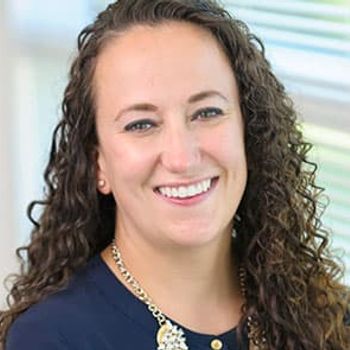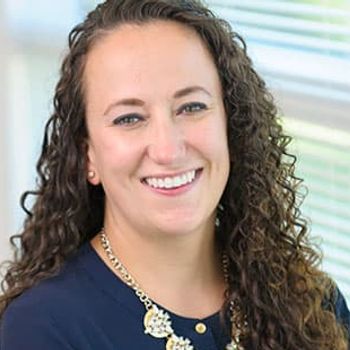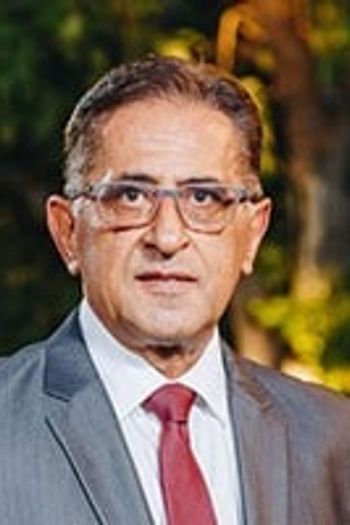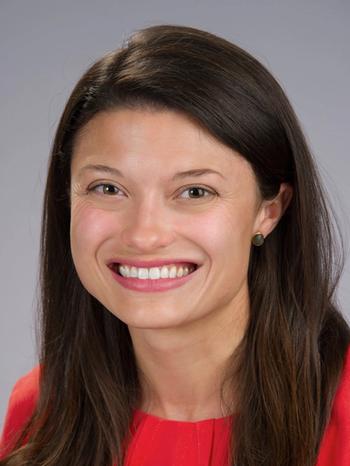
The panel examines the efficacy and safety profiles of gonadotropin-releasing hormone analogue (GnRHa) treatments in managing Central Precocious Puberty.

The panel examines the efficacy and safety profiles of gonadotropin-releasing hormone analogue (GnRHa) treatments in managing Central Precocious Puberty.

Key opinion leaders analyze current treatment guidelines for Central Precocious Puberty while offering insights on navigating treatment selection in scenarios lacking established protocols.

The panel explores the impact of early versus delayed diagnosis and treatment initiation on long-term outcomes in Central Precocious Puberty patients.

Lynn Malec, MD, joins Contemporary Pediatrics once again for a discussion of the hemophilia A space and how pediatric health care providers fit into care.

Renowned specialists in central precocious puberty examine the potential psychological and social implications of CPP on affected children.

Expert discussion of several topics including diagnosis, clinical management in older adults, multidrug resistance, and long-acting injectables and PrEP.

Key opinion leaders offer insights into the pathogenesis and essential features of CPP, along with additional symptoms that clinicians should monitor.

Lynn Malec, MD, joined us to discuss the phase 3 XTEND-Kids study of ALTUVIIIO in pediatric patients with hemophilia A.

Erica Prochaska, MD, highlights a recent study that aimed to estimate the rate of HOB among infants admitted to the NICU, measure the association of HOB risk with birth weight group and postnatal age, and estimate HOB-attributable mortality.

Shreya Doshi, MBBS, FAAP, shares how routine screening appointments can serve as a good time to discuss environmental elements with families.

Shreya Doshi, MBBS, FAAP, discusses how contamination could be reducing your practice's recycling impact.

The second episode in our series looks to address clinical management in a time when antimicrobial resistance appears to be growing.

Shreya Doshi, MBBS, FAAP, joined us to discuss some easy opportunities to reduce emissions in your practice and help improve health care sustainability.

This series looks to discuss several topics around these infections including diagnosis, treatment, challenges in managing UTIs in patients with dementia and neurogenic bladders, antibiotic resistance, and considerations for patients and caregiver engagement.

Matthew M. Davis, MD, MAAP, breaks down a newly-published study highlighting a potential association between COVID-19 vaccination and prevalence of symptomatic childhood asthma.

A discussion evaluating how social media can impact an individual's mental health, and what specific elements of social media could be causing it.

Shreya Doshi, MBBS, FAAP, explains what health care sustainability is and how the industry contributes to climate change.

How providers can advocate for increased research determining social media and its association with youth mental health.

A discussion and explanation of metatarsus adductus, why screening is important, and the UNFO brace for treatment.

Wendy Ripple, MD, provides suggestions for sunscreens in the pediatric population.

As children head outside for summer, providers can remind parents of some staple sun safety tips.

Courtney Nelson, MD, highlights the session she presented at the PAS annual meeting discussing racial and ethnic disparities for influenza vaccine delivery.

Data from the ongoing phase 1/2 CHORD trial was presented at the ASGCT annual conference.

Carissa M. Baker-Smith, MD, MPH, explains how a multidisciplinary team works together to diagnose and treat hypertension, as well as obesity in children.

A recap of the American College of Cardiology meeting and discussion of obesity and hypertension in the pediatric population.

A discussion based on an FDA-cleared objective ADHD diagnostic test developed by Qbtech.

Perry Roy, MD, explains how an FDA-cleared objective test can assist in an ADHD diagnosis.

Allison Scott, DNP, CPNP-PC, IBCLC, reviews the updated breastfeeding guidelines from the American Academy of Pediatrics.

Juanita Mora, MD, breaks down the FDA approval of benralizumab as an add-on maintenance therapy among patients with severe asthma aged 6 to 11 years.

Natasha Hoyte, MPH, CPNP-PC, explains how important PrEP and PEP in school health programs can be for youth, and the crucial role awareness plays.